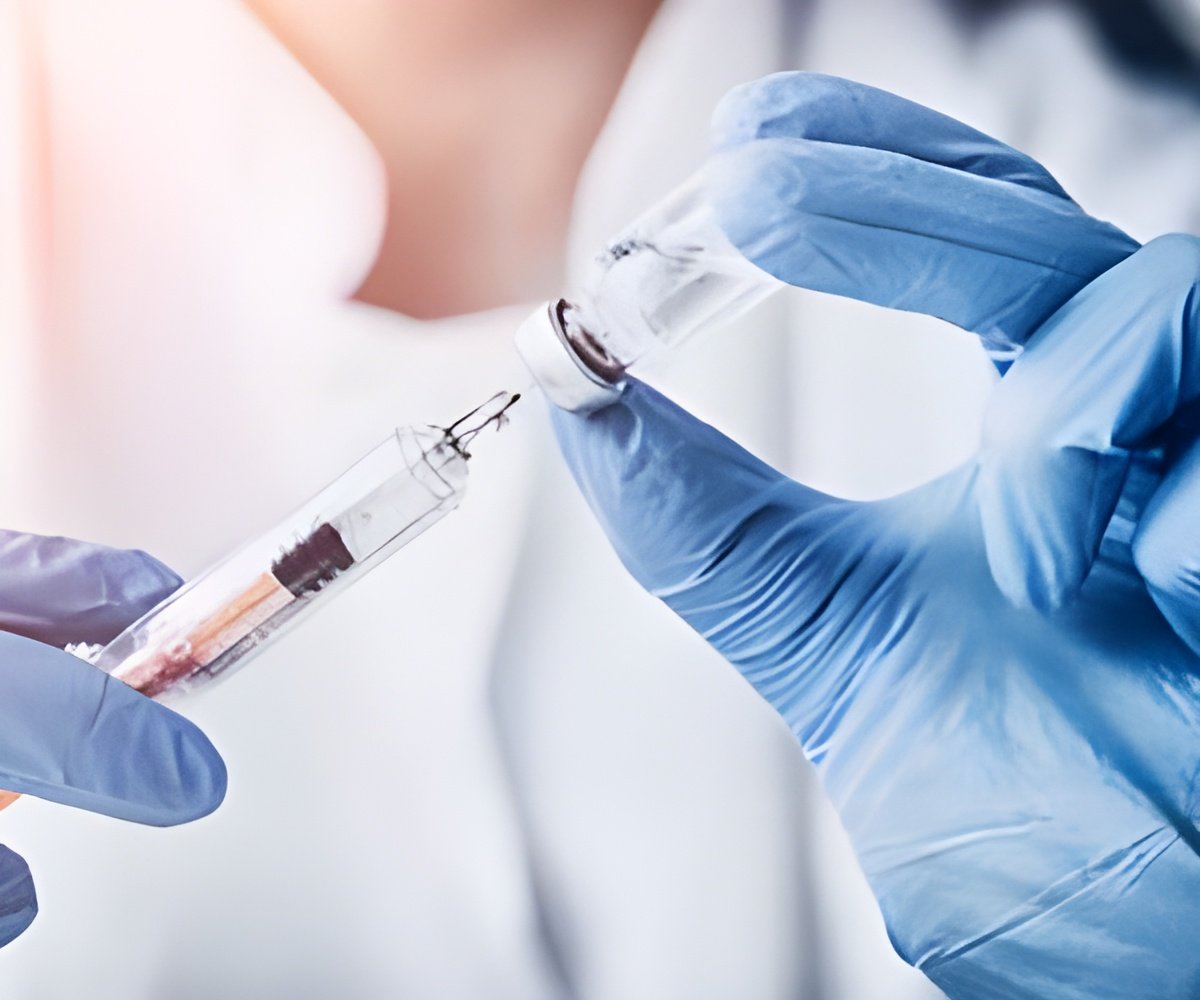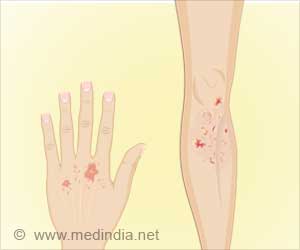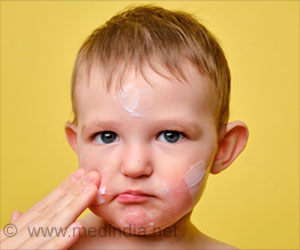EBGLYSS is an FDA-approved drug for treating moderate-to-severe eczema by targeting IL-13, offering relief to patients unresponsive to other treatments.

- EBGLYSS targets IL-13 to reduce eczema inflammation and itching
- FDA approval was based on successful trials showing long-term skin clearing in 77% of patients
- Approved for adults and children aged 12+, offering a new option for hard-to-treat cases
FDA Approves Lilly's EBGLYSSTM (lebrikizumab-lbkz) for Adults and Children 12 Years and Older with Moderate-to-Severe Atopic Dermatitis
Go to source). EBGLYSS is approved for use in adults and children aged 12 years and older, providing a new option for controlling this chronic and debilitating skin condition. Atopic dermatitis is characterized by inflammation, itching, and skin damage that can severely affect quality of life.
EBGLYSS drug reduces eczema symptoms in as little as 4 weeks for some patients! #eczema #medindia #drug’
Understanding Atopic Dermatitis
Atopic dermatitis (eczema) is a chronic inflammatory skin condition characterized by itchy, red, swollen, and cracked skin. The condition most commonly affects areas such as the arms and behind the knees but can appear anywhere on the body. Scratching often leads to further irritation, swelling, and the risk of bacterial infection. Over time, the skin thickens and develops scar tissue, creating a barrier that complicates treatment.Eczema primarily appears in early childhood but can develop at any age. It is more common in individuals with a family history of the condition, hay fever, or asthma, and it disproportionately affects Hispanic and Black children. Women and girls are also more likely to develop eczema than men and boys.
Biological Mechanism Behind Eczema
According to Dr. Tien Nguyen, a dermatologist involved in the clinical trials for EBGLYSS, eczema is driven by pro-inflammatory cytokines, small proteins that regulate immune cell activity. The cytokines implicated in eczema, particularly IL-4, IL-13, and IL-31, cause an inflammatory response that triggers itching. This cycle of inflammation leads to more itching and further cytokine production, exacerbating the condition.EBGLYSS for Eczema Treatment
EBGLYSS works by inhibiting the production of IL-13, the dominant cytokine involved in atopic dermatitis. Although other cytokine-targeting drugs exist, EBGLYSS offers an alternative for patients who have not responded to existing treatments.EBGLYSS received FDA approval based on results from two key clinical trials, ADvocate 1 and ADvocate 2, as well as the ADhere study. These trials evaluated the drug’s effectiveness in patients aged 12 and older with moderate-to-severe atopic dermatitis.
The ADvocate trials involved participants whose atopic dermatitis was not controlled by other treatments. After 16 weeks, 38% of participants achieved clear or nearly clear skin. For 10% of participants, improvements were observed within 4 weeks. Among those who responded well to treatment, 77% maintained clear or nearly clear skin after 1 year of continued monthly dosing.
The ADhere study, a 16-week, randomized, placebo-controlled trial, further supported the safety and efficacy of EBGLYSS. The drug was well-tolerated by participants, with side effects including eye and eyelid inflammation, injection site reactions, and shingles (herpes zoster).
How EBGLYSS is Administered
EBGLYSS treatment begins with an initial dose of two 250 mg injections at weeks zero and two, followed by a 250 mg injection every two weeks until week 16. After that, maintenance involves a single 250 mg injection monthly. It can be used with or without topical corticosteroids.
Side Effects of EBGLYSS
While EBGLYSS has shown promising results, some side effects have been observed. Common side effects include eye and eyelid inflammation (redness, swelling, itching), injection site reactions, and shingles. These side effects should be considered when assessing the drug’s suitability for patients.
Impact on Eczema Treatment
EBGLYSS represents a significant advancement in the treatment of eczema. Dermatologists like Dr. Hannah Kopleman have emphasized the transformative impact of new biologic treatments like EBGLYSS on patients’ lives. By effectively reducing flare-ups and alleviating chronic itching, the drug improves both physical comfort and emotional well-being.
Dr. Kopleman shared the story of a patient whose life dramatically improved after starting treatment with EBGLYSS. Before treatment, the patient suffered from frequent flare-ups, infections, and social isolation due to their condition. After successful treatment, the patient’s flare-ups lessened, they experienced better sleep, improved mood, and regained their confidence.
EBGLYSS is a breakthrough for individuals suffering from moderate-to-severe atopic dermatitis. With its ability to target IL-13, it offers a new and effective treatment option for those who have not found relief with other medications. Its approval by the FDA marks a significant milestone in improving the quality of life for patients struggling with the debilitating effects of eczema.
Reference:
- FDA Approves Lilly’s EBGLYSS™ (lebrikizumab-lbkz) for Adults and Children 12 Years and Older with Moderate-to-Severe Atopic Dermatitis - (https://investor.lilly.com/news-releases/news-release-details/fda-approves-lillys-ebglysstm-lebrikizumab-lbkz-adults-and)
Source-Medindia















